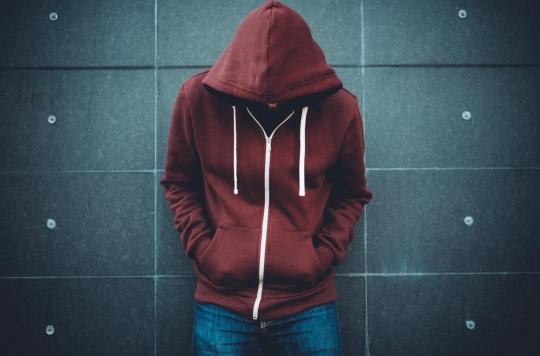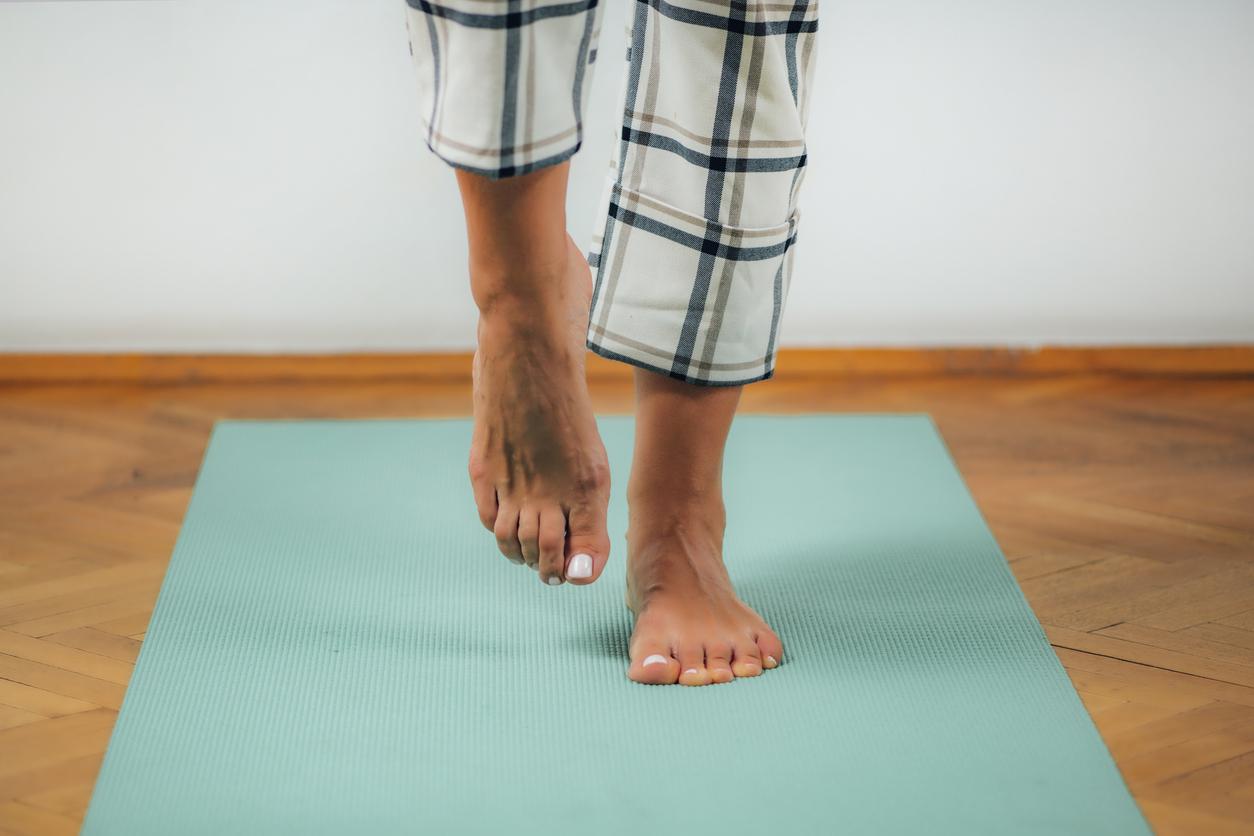According to an unprecedented international study, young people suffer more from the feeling of loneliness than older people. People living in individualistic societies and men in general would also be more affected.

- According to a study conducted on more than 46,000 people, young people suffer more from loneliness than their elders.
- Men would also be more affected than women, as well as people living in individualistic societies.
- In France, 8 out of 10 people consider loneliness to be a major problem.
Loneliness is bad for your health. In recent years, studies highlighting its harmful effects for individuals and society have multiplied. A year ago, research carried out on 20,503 adults, aged 16 to 74, living in England, had shown in particular that living alone increased the incidence of depression or eating or anxiety disorders. Today, a new international study of unprecedented scale has appeared on the feeling of loneliness, defined as “the gap between actual and desired social relationships”. According to the results published in the journal Personality and Individual Differences, contrary to what one might expect, loneliness would affect young people more than older people. People living in countries with individualistic societies would also be more likely to suffer from it. Finally, in terms of gender, men seem to be more affected than women.
According to the researchers’ definition, two people who have the same number of social relationships can experience loneliness differently if one desires more social relationships than the other. For their work, they relied on a set of data collected by the British Broadcasting Corporation (BBC) as part of its “Loneliness Experiment”. These contain information on nearly 55,000 people between the ages of 16 and 99 living in 237 countries, islands and territories. After analysis, the scientists looked at 46,054 people to whom they asked various questions about loneliness such as “Do you feel a lack of companionship?”, “Do you feel excluded?”, “Do you feel isolated others?”, or “Do you feel in tune with the people around you?”. Participants were then asked to respond on a scale of one (never) to five (always).
The feeling of loneliness decreases with age
The researchers then found that, overall, the interaction of age, gender and cultural background predicted loneliness. In particular, they found that the latter was more present in young people and tended to decrease with age.
“Contrary to what people might expect, loneliness is not a predicament unique to older people. In fact, young people feel more alone. As loneliness stems from feeling that a person’s social connections are not as good as desired, this could be due to the different expectations of young and old people. The age pattern we discovered seems to hold in many countries and cultures”comments Professor Manuela Barreto of the University of Exeter (United Kingdom), first author of the study.
However, if the elderly seem to feel loneliness less than young people, it is however a question of remembering that it has been shown on many occasions that it could be very dangerous in seniors. In 2014, it was notably proven that the feeling of loneliness is associated with a 14% increase in premature mortality in the elderly, twice as much as obesity and almost as much as having socio-economic conditions. – unfavorable economics.
“Men sometimes report more loneliness than women”
In the present study, in addition to the difference according to age, the researchers also noticed that the feeling of loneliness was more present in people living in individualistic societies. Moreover, in the face of this feeling, men seemed more vulnerable than women. Nevertheless, it may be because they were more open about the subject, the authors of the study having pushed them to express their emotions as much as possible.
“Regarding gender, the existing evidence is mixed. We are aware that admitting to feeling ‘lonely’ can be particularly stigmatizing for men. However, when this word is not used in measurements, men sometimes report more loneliness than women. This is indeed what we have observed”says Professor Pamela Qualter, from the University of Manchester, (UK), and co-author of the study.
The latter has some limitations, admit the researchers, the effects of the identified variables being relatively weak. Either way, the breadth and diversity of the research leads them to believe that “these effects are real and that loneliness is a pretty universal experience across all demographics.”
In conclusion, these results could have implications for young people living through the coronavirus pandemic. “While it is true that young people are better able to use technology to access social relationships, we also know that when it is done as a replacement – rather than an extension – of these relationships, it does not alleviate the solitude”analyzes Professor Barreto.
In France, loneliness remains a taboo
On the contrary, it has already been proven that social networks tend to develop the feeling of loneliness. In 2018, a study conducted on students and published in the Journal of Social and Clinical Psychology had shown that reducing daily use of social networks led to a significant decrease in depression and feelings of loneliness. These effects were particularly pronounced in people who were most depressed at the start of the experiment.
In France, 8 out of 10 people consider loneliness to be a major problem, according to a BVA study carried out on the occasion of the loneliness day in 2019. For 6 out of 10 French people, it is a familiar experience, while 4 out of 10 respondents have experienced it personally. Here again, young people seemed particularly affected since 60% said they suffered from it. Despite everything, loneliness remains a taboo in our society since three quarters of the people concerned say they find it difficult to talk about it. For the majority of them, loneliness corresponds to a personal breakdown through the death of a spouse or loved one (58%), a divorce or separation (42%), aging (43%) or health problems (21%).
.

















